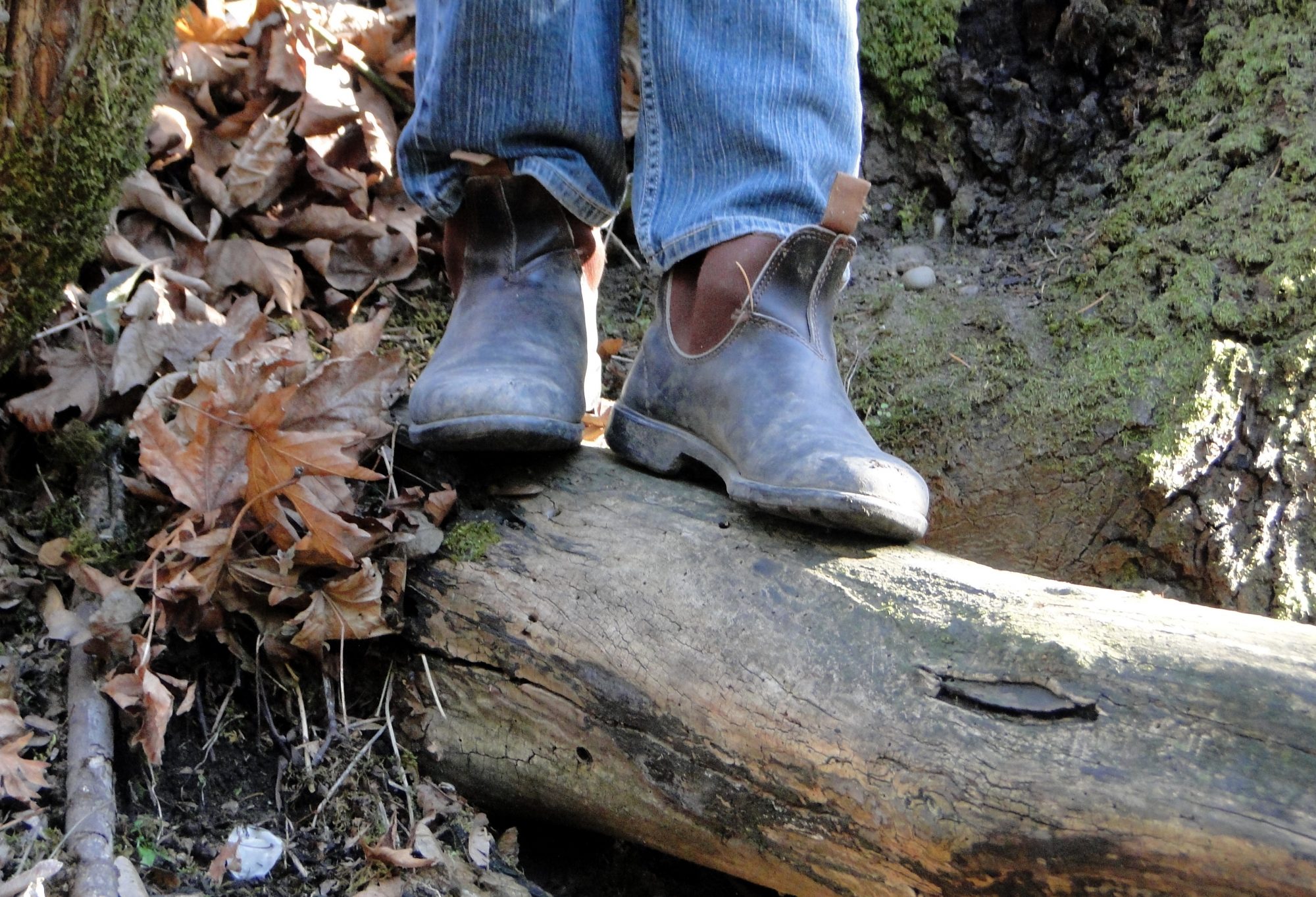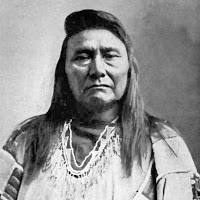
I live in a 103 year-old house in a historic Portland neighborhood. I know that in Portland this is not unusual. These houses were built to last. There is rarely a day that goes by, however, that I am not struck by the thought of a century’s-worth of lives lived under this same roof, looking at these same walls, sitting down to supper in this dining room, gazing out at Mount Hood from these front windows.
After 14 years in this house, we are still discovering remnants of those lives: a sock full of foreign coins buried in the backyard; an old plastic toy lodged in a heating duct, crumbled newspapers in the attic, tantalizing scraps, clues to lives long gone. Each time I see one, I want to know more. I want to know about the conversations, the hopes, the arguments & reconciliations, the political discussions. I want to know about the arrivals and departures, the guests, the Sunday dinners, the birthdays, the graduations, the new jobs, the plans big and small.
I want to know about the conversation in which it was decided to take out the kitchen stairs going up to the second floor. The house next door – a twin of ours, built in the same year by the same builder – still has them. Who took ours out? When and why? Was it during World War I or II? Earlier? Later?
There is plumbing in the back bedroom on the 2nd floor. Somebody took out the fixtures and put up wall board to make a bigger closet. Was was the idea there? Paring down a master bathroom (not by our standards?) taking out a small kitchen or maid’s quarters? Moving out the mother-in law?
In my house we still have the original gas light fixtures in the front hall & living room. Somewhere along the line somebody had to decide to put electric in. I wonder if that was an easy decision. Did someone say electricity was “a needless modern extravagance,” or was it a “let’s get with the times?” Was it a spouse’s demand, or an anniversary present?
Some of the clues about lives lived here are covered over by those that followed, like the layers of paint on these century-old window frames, (or layers of linoleum on the kitchen floor, of which we just added a new one last week.)
Every layer shiny and new, reminds me that I too will be gone someday, covered over. I too am temporary.
And then there are the features that last, that I love about this house, but had nothing to do with. I inherited them. They are the evidence that individuals over this 100-plus years cared. They invested themselves in this house. Someone put in beautiful fir floors, probably from logs left over from ship building. And somebody polished them. Someone put in leaded glass windows that I can’t bring myself to replace with something more energy-efficient. Someone more dedicated than I stripped the lovely built-in’s of an ill-advised mid-century paint-job and stained them to bring out the grain of all that glorious wood.
I don’t know who these people were. I’ve done a little digging. I try to keep some clues when I find them. There is an etching on the wall by my friend and neighborhood historian Steven Leflar of Mabel, the octagenarian, who owned the house until the 1970’s. She was here a long time. I bought a ship’s wheel that I put in the upstairs hall to remind me of the man who built this house, and worked at the shipyards right down on the Willamette.
But these mementos are just echos of those who lived here. Kind of like the place names that fill the territory that we occupy. We see them everyday. We rarely think about what they mean, the lives they represent, and the fact that we are just inheritors of their home.
Here lived
The Clack-a-ma, whose river we call Clackamas.
The At-fal-a-tu [or Tu-al-a-ti], on the river we call Tualatin
The Mo-la-la, who lived from Mount Hood to Mount Scott and on Molala river, in Clackamas county, Oregon.
The Ya-quin-a, who lived about Yaquina bay and river, Lincoln county, Oregon.
The Al-se-a, who lived along the Alsea river in Lincoln county, Oregon.
The Si-u-slaw, who lived along the Siuslaw river in Lane county, Oregon.
The Cay-use, who lived on the headwaters of the Umatilla, Walla Walla and Grande Ronde rivers in Umatilla and Union counties, Oregon. Their territory also extended from the Blue mountains to the Des Chutes river.
The Nez Perce [Sahaptin or Chopunnish] who lived in the Clearwater River Basin, on the South and Middle forks of the Salmon River Basin and their tributaries.
The Klick-i-tat, who lived in Klickitat and Skamania counties, Washington.
The Um-a-til-la,who lived on the Umatilla river in Umatilla county, Oregon.
The Klam-ath, who lived on the Upper Klamath lake in Klamath county, Oregon.
The San-ti-am, lived on the Santiam river in Linn county, Oregon.
The Till-a-mook, who lived in Tillamook county, Oregon.
The Si-letz, who lived on the Siletz river, Lincoln county, Oregon.
The Tlatskanai, who lived on the Clatskanie river, Columbia county, Oregon;
The Ump-qua, who lived on the Umpqua river, Douglas county, Oregon.
The Coquille, or Mishikhwutmetunne, lived on the Coquille river in Coos county, Oregon.
The Chin-ook, who lived at the mouth of the Columbia in Pacific county, Washinton. Their language formed the basis of the Chinook jargon and has given the name for the Chinook wind.
The Wal-la Wal-la, who lived on the lower part of the Walla Walla river and on the east side of the Columbia river in Walla Walla county, Washington.
The Clat-sop, whose name means “dried salmon;” lived along the Columbia from its mouth to Tongue Point and along the coast to Tillamook Head in Clatsop county, Oregon.
The Dalles, resided at The Dalles, Wasco county, Oregon, and on the opposite side of the Columbia river in Klickitat county, Washington.
Was-co, or [Ga-las-go], which means “cup or bowl,” from a cup-shaped rock near the main village near the Dalles, Wasco county, Oregon.
Mult-no-mah, meaning “down river,” a tribe living on the upper end of Sauvie’s island, Multnomah county, Oregon. The term is also used to include all the tribes living on or near the lower Willamette river.
The Yak-im-a [or Cut-sah-nim], lived along the Columbia river and on the upper branches of the Yakima and the Wenatchee rivers in Benton, Grant, Douglas, Chelan, Kittitas and Yakima counties, Washington
The Pa-Loose, lived on the Palouse river and the northern side of the Snake river in Whitman, Adams and Franklin counties, Washington, and Latah county, Idaho.
And so many more whose names we have lost.
We inherited their homes. We too will be gone someday, covered over. I hope we leave some beauty worthy of remembrance. The first movement of The Territory, “Hymn to the Four Winds” is dedicated to those whose house we live in.

Thanks to the website “The Indians of Old Oregon for this history.
http://gesswhoto.com/centennial-indian-groups.html
 In Portland, the exclusion order issued on April 28, 1942, required all Portland residents [of Japanese descent} to report by May 5 to the assembly center in North Portland. Other orders followed around the state, with those from Hood River and Marion counties sent to Pinedale in northern California. Because people could only take what they could carry, families had to dispose of their businesses, furniture, and personal possessions. They had no idea where they were going or when they would return. It was a time of doubt, fear, and confusion.
In Portland, the exclusion order issued on April 28, 1942, required all Portland residents [of Japanese descent} to report by May 5 to the assembly center in North Portland. Other orders followed around the state, with those from Hood River and Marion counties sent to Pinedale in northern California. Because people could only take what they could carry, families had to dispose of their businesses, furniture, and personal possessions. They had no idea where they were going or when they would return. It was a time of doubt, fear, and confusion.






